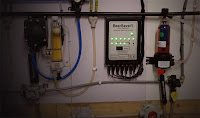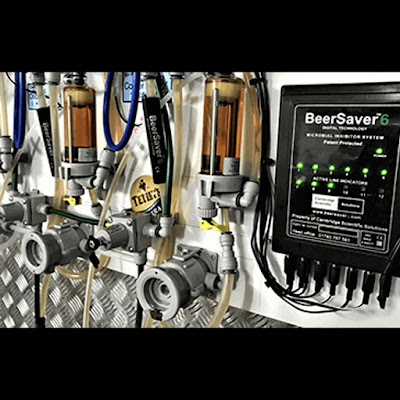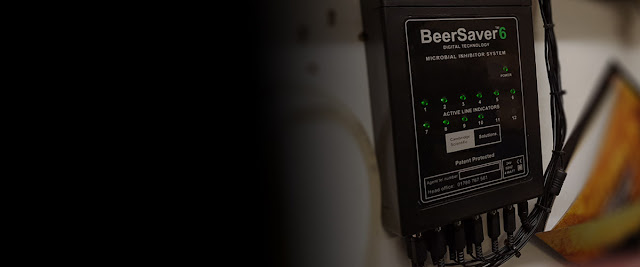The Use Of Hydrogen Peroxide For Cleaning Beer Lines
Most people these days think about the environment and protecting it in as many ways as we can, such as the campaign by a national newspaper which has resulted in a huge reduction in the number of plastic bags used by supermarkets.
If you run a pub and have to clean your beer lines, you may wonder about environmentally friendly line cleaning, because many of the cleaners that are available are caustic. However, there is one type of cleaner which is not, and that is stabilised hydrogen peroxide (the same material used to bleach hair). It makes for extremely environmentally friendly line cleaning, and in addition is fully bio-degradable and non-toxic.
Chemically known as H2O2, hydrogen peroxide uses an oxidation reaction to kill bacteria through destroying the walls on contact, and can take as little as a minute, depending on the concentration used. When it has encountered bacteria it immediately breaks down into water and oxygen, so it leaves no harmful residues behind.
However, it is a very unstable material and will react instantly with anything that is biological with which it comes into contact. This could be something as simple as your finger, or any dust or dirt, or something that gets into the bottle. It immediately reverts to oxygen and water, and so is therefore useless and cannot clean anything else. Unless your cleaning vessel is scrupulously clean, the same effect will occur.
Most of the hydrogen peroxide environmentally friendly line cleaning products contain a stabiliser which gives them a longer shelf life than just plain hydrogen peroxide, and the stabiliser is elemental silver. This, too, has antibacterial properties and can sometimes be left behind in the beer lines but while extending the effects can also have issues with live beers such as cask ales. Not only that, elemental silver is extremely expensive and although only a small amount is needed, it can cost as much as £75 for a 5-litre bottle of treated hydrogen peroxide.
Furthermore, hydrogen peroxide has no effect whatsoever on non-biological elements, so while it removes bacteria, yeasts, and proteins, it won't do anything about beer stone or lime scale. These build up in the system and act as a base for bacteria to form faster than happens in a totally clean beer line, which will still increase the frequency of cleaning required over and above the hydrogen peroxide manufacturers' claims of intervals of four weeks.



Comments
Post a Comment